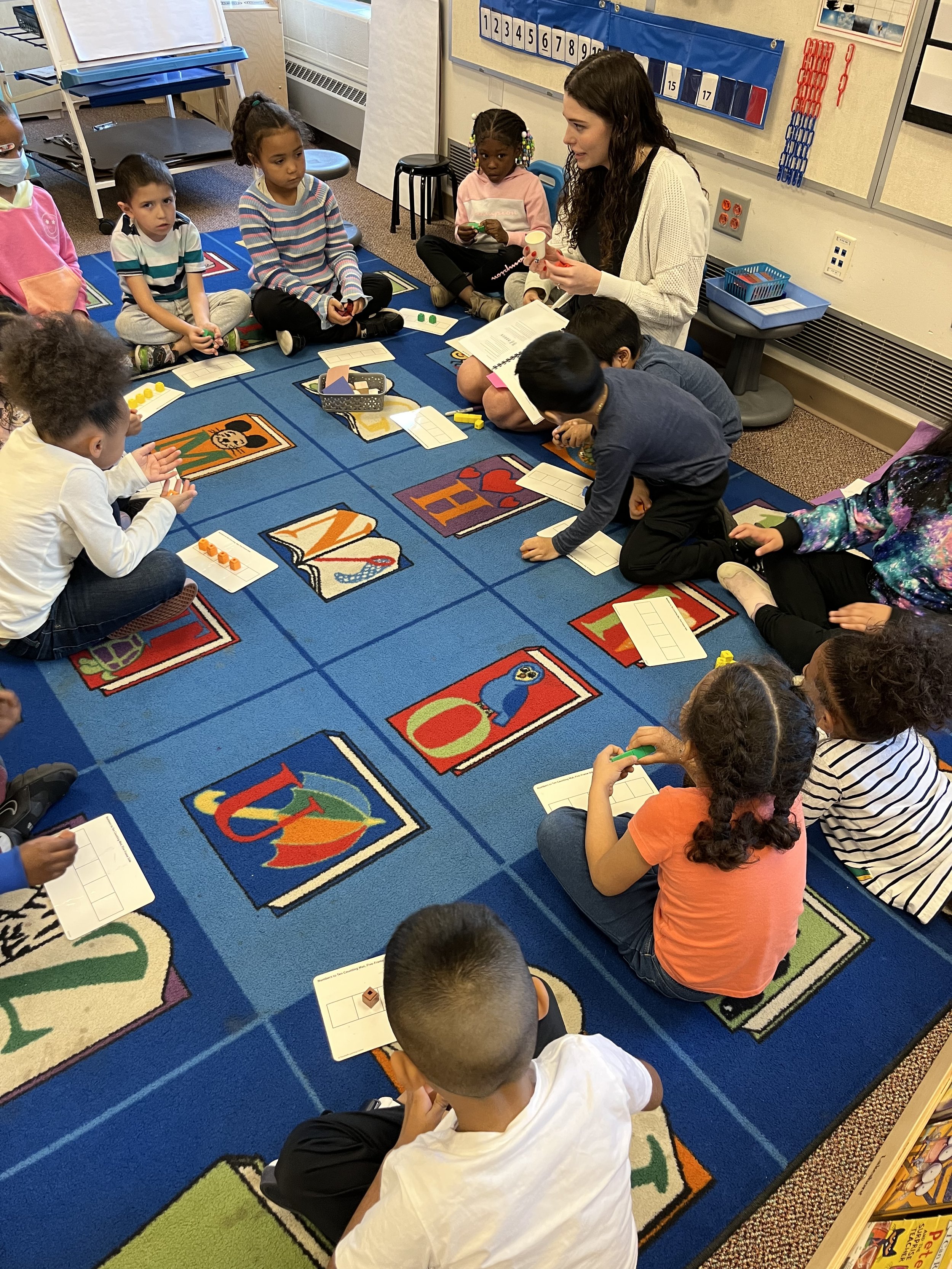My Classroom Management Philosophy
“Whatever the question, the right answer is love and compassion.”
One of the main reasons I am passionate about teaching is because of the classroom environment I know I can create. I am passionate about creating a classroom community full of empathy, belonging, and unity. I plan to create a classroom where all students can be themselves, feel safe, and know that they belong. I plan to teach many lessons geared towards empathy, kindness, emotional self-regulation, and classroom community. I know that being in a classroom can be scary and lonely for some students, so I plan to focus on unity within my classroom. I want students to work well with one another and treat our class like a team. I plan to utilize many community building activities to create unity within our class.
Each student I encounter will be unique and I plan to celebrate my students’ uniqueness and learn from them. I plan to create an environment where every voice and background is respected and heard. I believe that by building an empathetic classroom I can extend equity to every student. According to Lillian Dissi, “the empathetic classroom is a space that fosters education in its fullest capacity. In this space, students are not afraid to ask for help when it is needed. In this space, neither is the teacher. In an empathetic classroom, students are empowered to use their own voices” (27). Just as my students will learn and receive feedback, I plan to utilize the feedback of my colleagues, supervisors, and most importantly, my students. I will utilize student feedback heavily and in turn teach students that their voices and opinions matter. I believe that students should be. Heavily involved in creating our classroom culture. I plan to allow students to create classroom norms and rules to ensure that everyone feels respected and included.
Current cognitive research reminds us that students learn more efficiently when they take agency over their learning. Therefore, it is my job to create opportunities for my students to use their voices and take ownership of their learning and our classroom society. Students will have opportunities to make their own choices and form their own opinions. In order to have students take agency over the classroom culture, I plan to implement restorative practices in my classroom. “A restorative approach is relational and anything but a ‘one size fits all’, prescriptive approach to problem-solving. With this approach, there is an understanding that when wrong is done, we need to work with those involved to help them take responsibility for their behavior, to learn from the incident, and to take what action is required to repair the harm” (Thorsborne, 23). I want to set my students up for future success in society and by teaching my students from a young age to take ownership and responsibility over their actions they can learn that they have agency in our world.
Dissi, Lillian. “The Empathetic Classroom.” California English, vol. 26, no. 3, Feb. 2021, pp. 27-28 EBSCOhost.
Thorsborne, Margaret, and Peta Blood. Implementing Restorative Practices in Schools: A Practical Guide to Transforming School Communities, Jessica Kingsley Publishers, 2013. ProQuest Ebook Central

